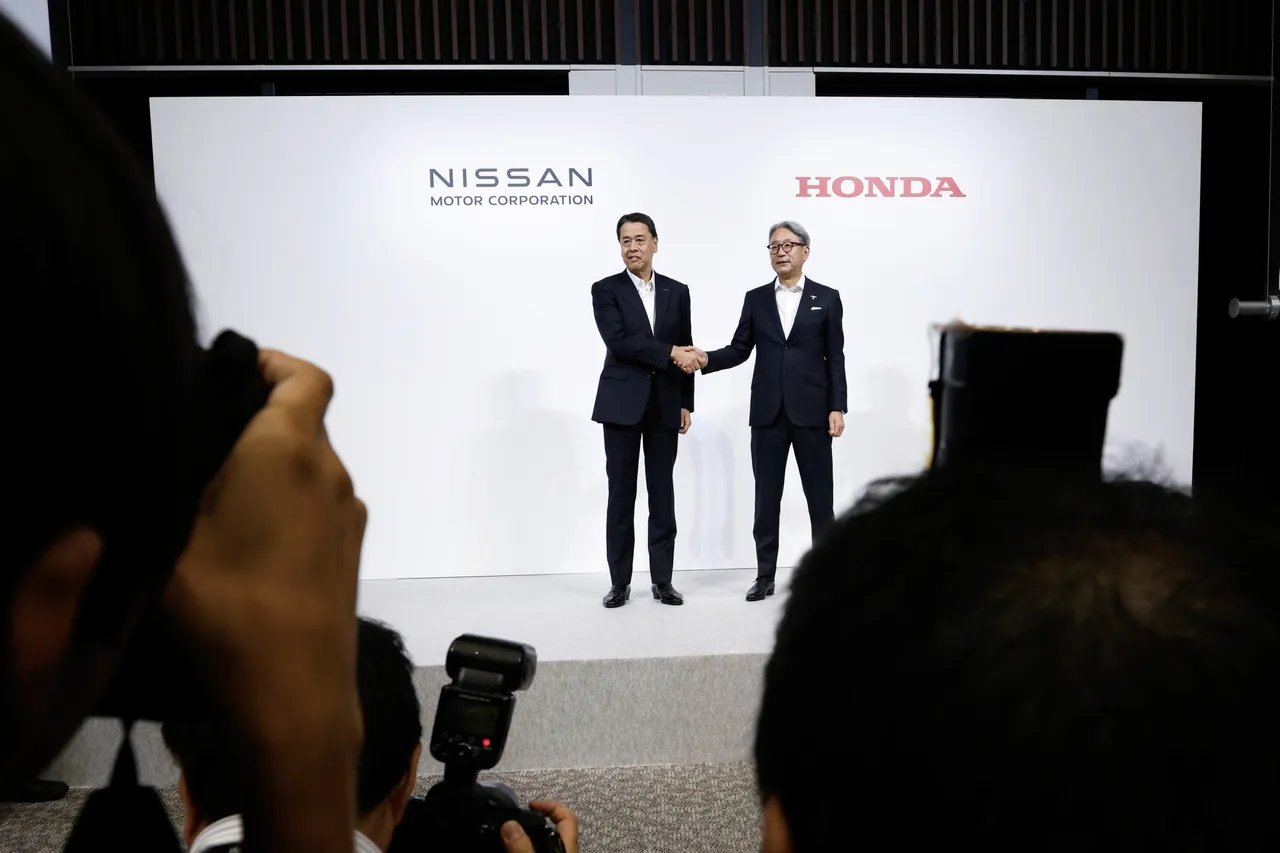In a significant development within the automotive sector, Japanese car manufacturers Honda Motor and Nissan Motor are reportedly set to begin discussions regarding a potential merger. This move aims to enhance their competitiveness in an increasingly challenging global market, particularly against rising electric vehicle (EV) manufacturers like Tesla and Chinese automakers such as BYD.
Background of the Talks
According to a report from the Nikkei newspaper, the two companies are contemplating the establishment of a holding company that would not only unify their operations but also potentially integrate Mitsubishi Motors, which Nissan already holds a 24% stake in. This merger could create one of the largest automotive groups globally, positioning them better against competitors like Toyota, which remains Japan’s leading automaker.Honda has acknowledged the discussions without confirming specifics, stating that they are assessing various avenues for collaboration to leverage each other’s strengths. This follows a strategic alliance formed earlier this year focused on shared automotive parts and software development.
The Need for Consolidation
The automotive industry is undergoing rapid transformation, driven by technological advancements and shifting consumer preferences towards electric and hybrid vehicles. Japanese automakers have historically focused on hybrid technology; however, this strategy has left them lagging behind in the EV race. In 2022, only 1.7% of cars sold in Japan were electric, significantly lower than in Western markets.Analysts suggest that this merger could be a strategic response to the growing dominance of Chinese car manufacturers and the need for Japanese firms to cut costs and improve operational efficiency. The consolidation would allow Honda and Nissan to pool resources for research and development, particularly in EV technology, where both companies have announced ambitious investment plans.
Market Reactions
Following the news of potential merger talks, shares for both Honda and Nissan experienced notable increases—Honda’s shares rose approximately 2%, while Nissan’s surged over 11%. This positive market reaction reflects investor optimism about the potential benefits of such a merger.
Conclusion
As Honda and Nissan prepare to enter negotiations, the outcome could significantly reshape the landscape of the automotive industry. If successful, this merger would not only enhance their competitive stance against global giants but also signal a new era of collaboration among Japanese automakers striving to adapt to an evolving market. The implications for consumers, industry dynamics, and future vehicle offerings will be closely monitored as these discussions progress.


